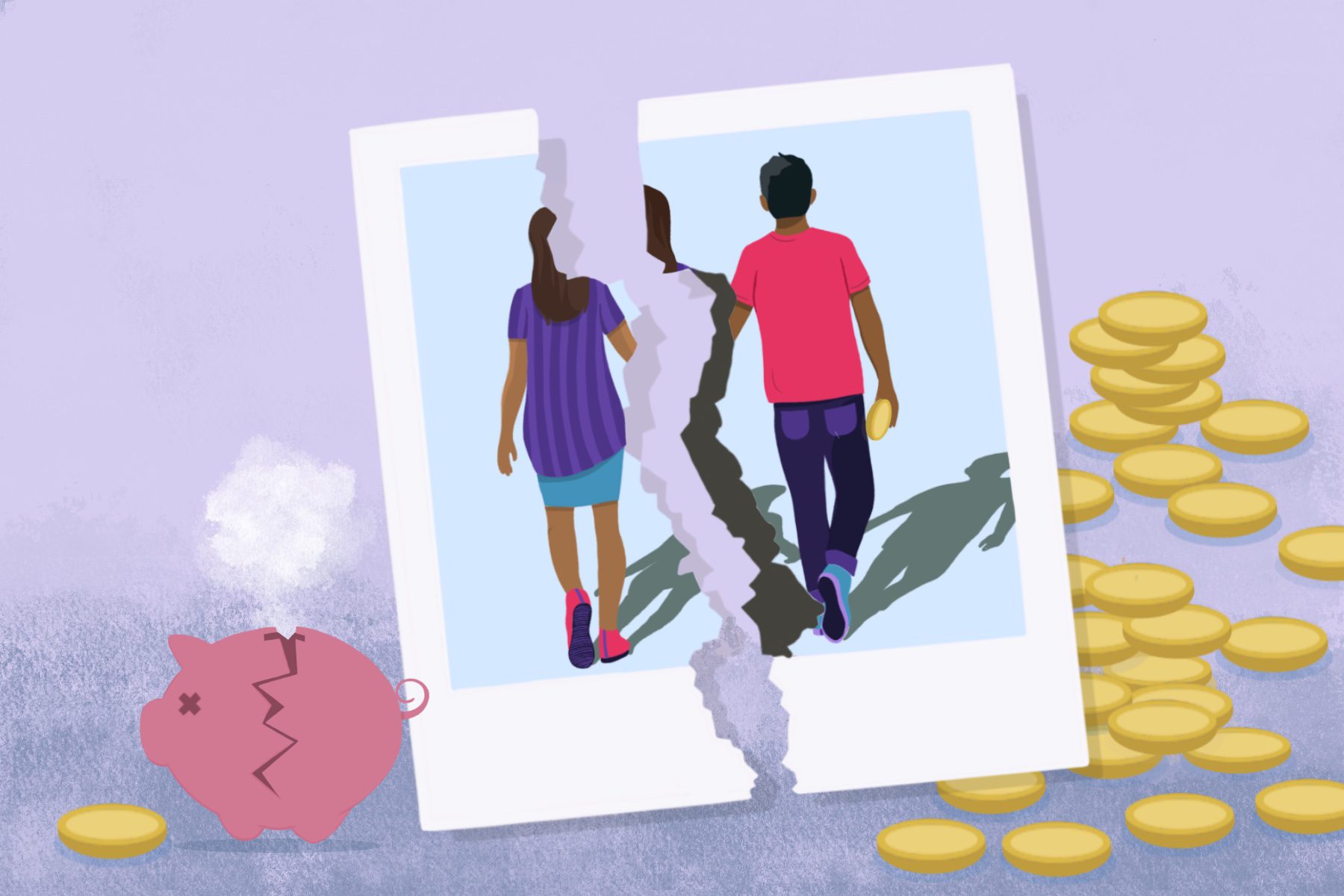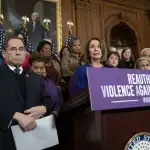Katie Stager’s husband almost killed her when she tried to leave. She sustained more than 30 stab wounds and was in the hospital for about 10 days. Her body recovered after a year of rehabilitation, but her finances were not so resilient.
In the early years of her marriage, Stager struggled to afford diapers and reached out to Catholic charities and food banks to feed her two young daughters. Her husband, who managed the household money, was using her income as an office manager for home utility costs — or so she thought.
“He was buying hot rods and motors for his hot rods, and dogs and things we just really couldn’t afford,” Stager said.
When the relationship ended, she realized that he had accumulated thousands of dollars in debt for unpaid bills. He had also taken out a credit card in her name and accrued about $20,000 in debt.
This, too, was abuse. Financial abuse, according to Lauren Johnson, assistant professor of social work at Temple University, is controlling or coercive behavior that breaks down a domestic violence survivor’s material life: creating astronomical debt, not allowing access to income, or harassing someone at their job until they are fired. While the psychological and physical impact of domestic violence keeps survivors in abusive relationships, financial abuse creates cycles of struggle, a constant effort to rebuild credit or get a job after years out of work that can drive someone back to an abuser.
After Stager officially divorced her husband in 2012, that financial burden fell on her, becoming a daily reminder of what she had gone through.
Forms of economic abuse like coerced debt, sabotaging a job and unilateral financial decisions in a marriage are “very difficult to prove and rarely prosecuted,” said Laura Russell, the director of the Domestic Violence Unit at the Legal Aid Society. She explained that it’s hard to show evidence, for example, that debt in your name isn’t yours, or that it wasn’t a mutual decision to have one person manage the money. Changing how courts view economic abuse, she said, begins with recognition in legislation.
The Violence Against Women Act of 1994 was a groundbreaking law that enhanced legal and community responses to domestic violence, sexual assault and stalking by authorizing grants to state, local and tribal organizations. VAWA has been reauthorized three times since 1994, most recently in 2013 under President Barack Obama.
In 2019, the House voted to reauthorize the law for five years, but then-Senate Majority Leader Mitch McConnell never brought it to the floor. The House voted again to reauthorize this March, but the Senate has not taken it up yet. On July 30, almost a dozen Democratic senators, including Amy Klobuchar of Minnesota and Elizabeth Warren of Massachusetts, released a letter asking Senate Majority Leader Chuck Schumer to reauthorize the act.
Russell said that she and other lawyers and advocates have wanted a mention of economic abuse in VAWA and eagerly anticipate the passage of the 2021 reauthorization in the Senate. The 2021 version includes the long-awaited definition of economic abuse as “behavior that is coercive, deceptive, or unreasonably controls or restrains a person’s ability to acquire, use, or maintain economic resources to which they are entitled.” The House passed the 2021 reauthorization in March, and she hopes this one makes it through the Senate.
“By giving that recognition, it allows those of us on the state level to argue that VAWA recognizes [economic abuse], so you should too,” said Russell. “It’s a first step, and I think it’s a necessary step.”
Russell said that the 2013 version of VAWA — the last reauthorized version — does help with some of the components of economic abuse. Someone who keeps losing their job because their intimate partner stalks them at work would have been recognized in the 2013 version because stalking is recognized. Or, because VAWA grants money to legal services, people who cannot afford counsel because of financial abuse would have access to funds. However, she said that recognizing economic abuse as a separate form of domestic violence, actually specifying it in the text, allows lawyers to strengthen cases by citing VAWA. It also may serve as a reference for domestic violence organizations that may not understand what economic abuse is.
Defining economic abuse in legislation won’t necessarily help survivors get out of coerced debt or regain financial stability, said Russell. Still, she hopes it offers a foundation to build on because financial wellbeing is crucial to leaving an abusive relationship and establishing an independent life.
“The sort of common characteristic of financial abuse is one of control, an abuser trying to place as much control over someone’s life as possible,” said Andrea Hetling, a professor at Rutgers University who has published extensively on domestic violence. “Financial abuse is a very effective way of doing that. If we don’t have financial freedom, it’s really hard to function in our society, and building up debt in someone’s name, having a poor credit history, are really, really difficult barriers.”
These barriers can withstand the test of time. A 2013 article in the peer reviewed Journal of Interpersonal Violence, said that tactics like destroying someone’s credit, accumulating debt, or harassing a partner at work to get them fired are methods of entrapment that can last even after someone escapes an abusive relationship. The survivor may be safe from continued emotional or physical harm, but coerced debt, for example, can accumulate for years after an abusive relationship ends.
“You can be broken up and be in different states, and the [abuser] could still be running up money under your accounts,” said Johnson. “Trying to prove that that isn’t your debt becomes extremely difficult. So, on one end, you can have no money, and on another end, you could owe tons of money.”
As for Stager, she diligently paid off the debt her ex-husband had accumulated for years after leaving him. She said that she negotiated with some companies but just buckled down and paid others. There was, she explained, no other solution at the time.
But if the new version of VAWA passes, experts and advocates say, it could lay the foundation for solutions to come.






